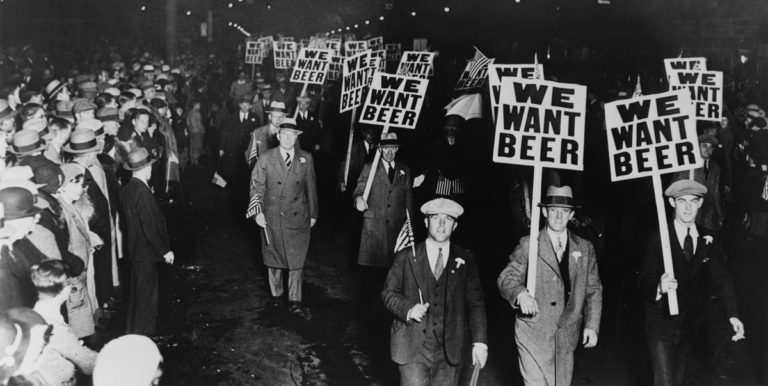Market incentives as tools of public policy have been much in the news lately, especially because prominent Liberals are espousing them. Former Liberal Prime Minister Paul Martin is a strong advocate of “social financing,” through which government encourages private “social entrepreneurs,” including charitable institutions, to design and deliver innovative solutions to such problems as criminal recidivism and homelessness.
During the Liberal Leadership race,candidates Martha Hall Findlay, Marc Garneau, and (eventual winner) Justin Trudeau also supported free markets—at least on some issues. In Andrew Coyne’s words, “Hall Findlay has proposed dismantling the costly system of farm quotas known as supply management. Garneau has taken aim at the domestic telecoms cartel, calling for the market to be opened to foreign competitors. Trudeau has adopted a similarly open-market view of the CNOOC takeover of Nexen, and of foreign investment generally.”
Coyne hints that this Liberal praise of markets is explained in part by the party’s need to gain support among pro-market Western Canadians.
The West loomed especially large for Liberal leadership hopefuls because all ridings were weighted equally in the voting process, so that “voters in western ridings, where Liberals are few on the ground, [had] vastly disproportionate weight.”
But Westerners do not uniformly support market-based policy instruments, not even in Alberta (which my colleague Barry Cooper calls the “west of the West”).
This lesson was driven home to me in 2008 when I was part of a group proposing a market-oriented approach to the rural production of ecological goods and services in Alberta.
We argued that farmers and ranchers, who can charge energy companies for access to the publicly owned mineral resources beneath their lands, should be similarly able to charge some hunters for access to the publicly owned wildlife upon their lands. In jurisdictions that have adopted such policies, wildlife habitat has improved to the general benefit of the environment. The proposal was dubbed “Hunting for Habitat”.
This proposal sought a middle way between complete privatization of hunting and the tradition of “free” hunting for resident “public hunters.” Landowners in experimental pilot projects would have been able to sell a limited portion of available hunting “tags” on the open market, but on the condition that they provided comparable free opportunities to public hunters.
The pilot projects were to test the proposition that Hunting for Habitat incentives would cause some game populations to grow significantly, because farmers and ranchers would have new financial reasons to promote them and their habitat. If targeted game populations grew enough, Alberta’s public hunters would increase their hunting opportunities even though they would no longer get the lion’s share of those opportunities. All of a small pie can be less than a healthy slice of a much larger pie.
Regrettably, Alberta’s organized hunting community effectively shot down this policy.
Hunters opposed the Hunting for Habitat middle ground for the same reason that Friends of Medicare opposed former Alberta Premier Ralph Klein’s “third way” between Canada’s extensively public health care system and the more heavily privatized American alternative. Friends of Medicare saw any move away from public health care as the first step onto a slippery slope to complete privatization. Alberta hunters discerned in Hunting for Habitat a similar slippery slope to the extensively privatized hunting found in jurisdictions like Texas.
Not all slopes are slippery, however, and stable middle-ground positions exist in both health care and hunting policy. Health care policy in most advanced democracies provided the model for Klein’s “third way,” and several jurisdictions (including such American states as Utah) have established similarly stable balances between private incentives and free
public access in hunting policy.
As valuable as market-based policy instruments can be, the opposition to them is predictable and powerful. Even in such apparently favourable contexts as Alberta, the modest use of market incentives in middle-ground policies can go down to defeat. Cormack Gates and I tell the story of the rise and fall of Hunting for Habitat at length in a recent study published by the Frontier Centre.
The famed ecologist Aldo Leopold long ago wrote that “conservation will ultimately boil down to rewarding the private landowner who conserves the public interest,” and that in the case of wildlife this means compensating private landowners “directly or indirectly for producing a wildlife crop and for the privilege of harvesting it.”
Hunting for Habitat failed to implement Leopold’s prescription. No doubt there is a better way. Might the growing cross-party interest in market based policy instruments help us find it?
~
Rainer Knopff is a professor in the Department of Political Science and the School of Public Policy at the University of Calgary







